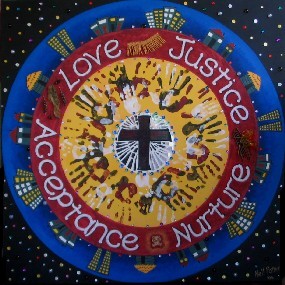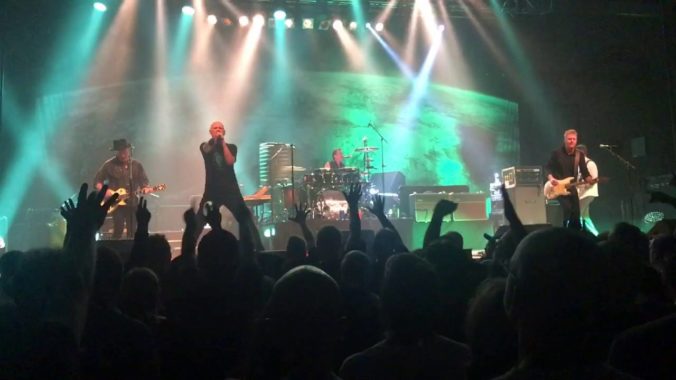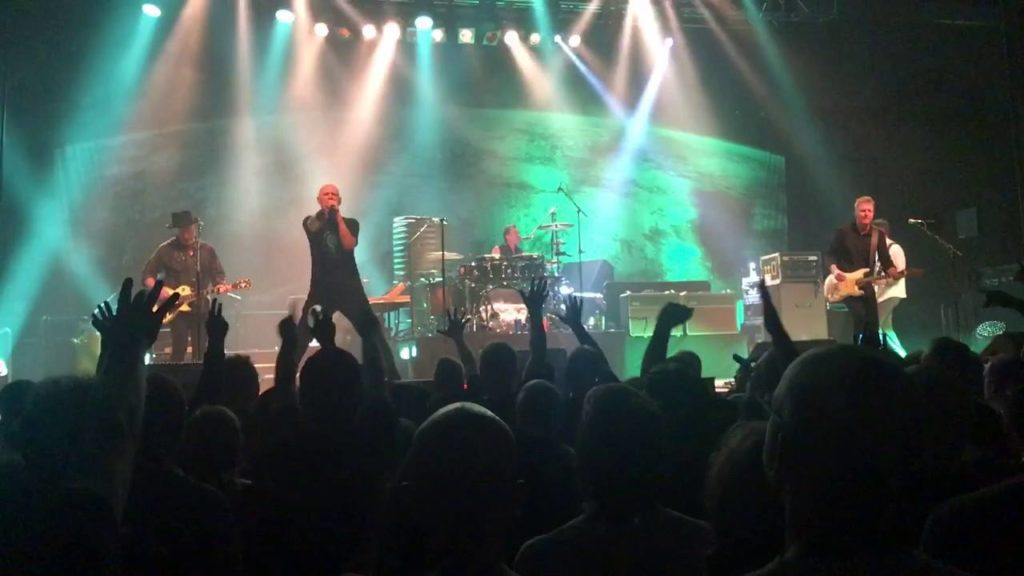“I love you ‘cos I need to, not because I need you. I love you ‘cos I understand that God has given me your hand” – U2, Luminous Times
 I was walking through the café at work the other day and heard this song playing over the airwaves. The next line of the song says “hold on to love”. Love is the only force that triumphs over anything. It often comes across as weakness but it succeeds where others perpetually fail.
I was walking through the café at work the other day and heard this song playing over the airwaves. The next line of the song says “hold on to love”. Love is the only force that triumphs over anything. It often comes across as weakness but it succeeds where others perpetually fail.
Much of what we call love though is really an emotional neediness which comes across as being nice, but is actually designed to protect us from rejection. I know this because I do it all the time. As I realise this more I realise how committed I am to not experiencing the pain of someone not loving me in return. My good deeds are often cloaked in the convincing veneer of niceness. And I am further blinded to this when people feed back to me about how nice I have been to them.
True love comes out of a deep conviction that love does indeed transform an enemy into a friend, as Abraham Lincoln said so long ago. It comes out of a deep conviction that love is the most powerful force in the universe. That’s why the words of this song are so powerful.
The paradox of true love though is that there is a genuine neediness about it. True love loves because of a human need to live this way; it is the way we are wired. At the same time, true love does not need the other in a negative self-protective way to boost its own ego or identity. It is free of all that; it is free to truly love the other no matter the response. If the response is hatred, true love continues to love; if the response is indifference or apathy, true love continues to love; and if the response is love reciprocated, true love still continues to love.
As I write I am reminded of two famous people who both talked and walked this attitude in their lives. I speak of course of Martin Luther King and Mother Teresa. Dr King talked often of the power of redemptive, suffering love, and Mother Teresa has the following words attributed to her, which were apparently written on the wall of her home for children in Kolkata, India. Even if they were not written by her, they fully encapsulate the life she lived:
People are often unreasonable, irrational, and self-centred. Forgive them anyway.
If you are kind, people may accuse you of selfish, ulterior motives. Be kind anyway.
If you are successful, you will win some unfaithful friends and some genuine enemies. Succeed anyway.
If you are honest and sincere people may deceive you. Be honest and sincere anyway.
What you spend years creating, others could destroy overnight. Create anyway.
If you find serenity and happiness, some may be jealous. Be happy anyway.
The good you do today, will often be forgotten. Do good anyway.
Give the best you have, and it will never be enough. Give your best anyway.
In the final analysis, it is between you and God. It was never between you and them anyway.
Hold on to love. Cultivate it, learn it, and most of all, ask God for it, because we simply don’t have in us the capacity to live a life of love without the Spirit of Jesus living in us and guiding us. He will redeem the ugliness of our self-protective neediness into a love that only the Divine can empower us with.
 There is something about a U2 album that speaks to your heart, that goes deeper than most other music does, that reaches where other music can’t or daren’t. That has always been their gift, and Songs of Experience is destined to go down as a classic of this type.
There is something about a U2 album that speaks to your heart, that goes deeper than most other music does, that reaches where other music can’t or daren’t. That has always been their gift, and Songs of Experience is destined to go down as a classic of this type.
 I almost made the calamitous mistake of choosing not to go and see Midnight Oil on their current ‘Great Circle’ tour. I figured I had seen them a couple of times previously, and I could do something else with the $100 that was the ticket price. I won’t make that mistake again. What was I thinking?!
I almost made the calamitous mistake of choosing not to go and see Midnight Oil on their current ‘Great Circle’ tour. I figured I had seen them a couple of times previously, and I could do something else with the $100 that was the ticket price. I won’t make that mistake again. What was I thinking?!







